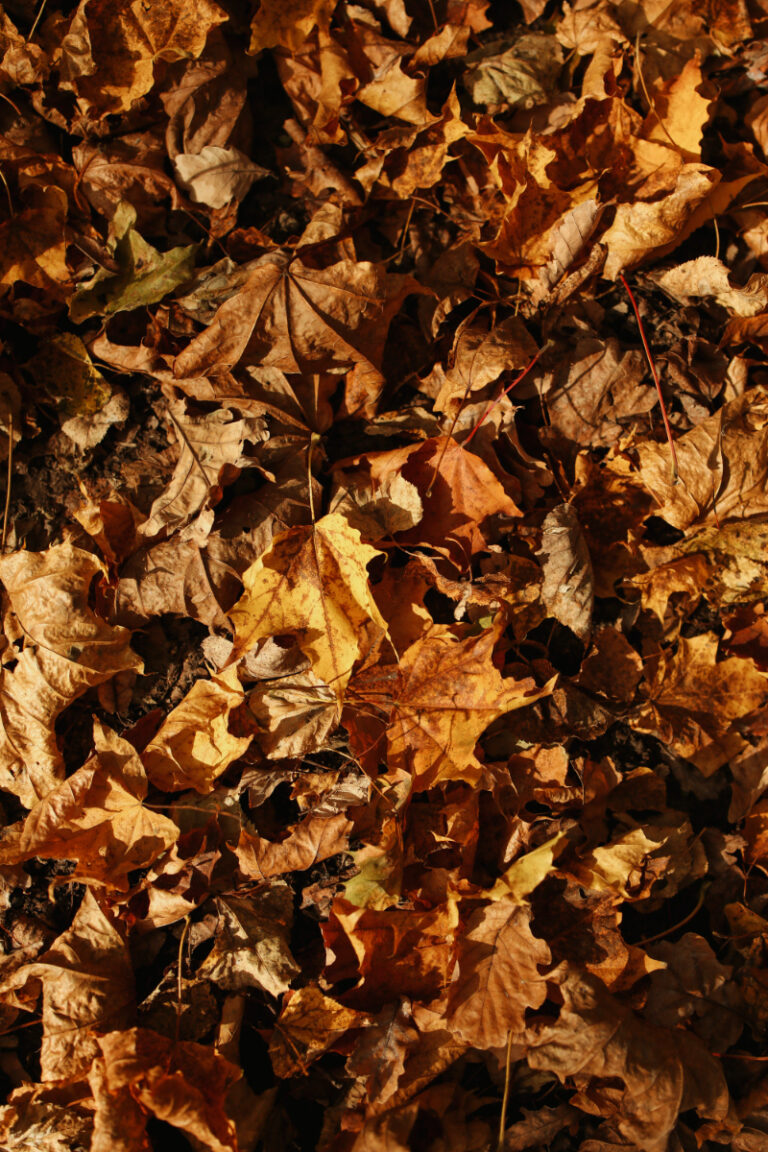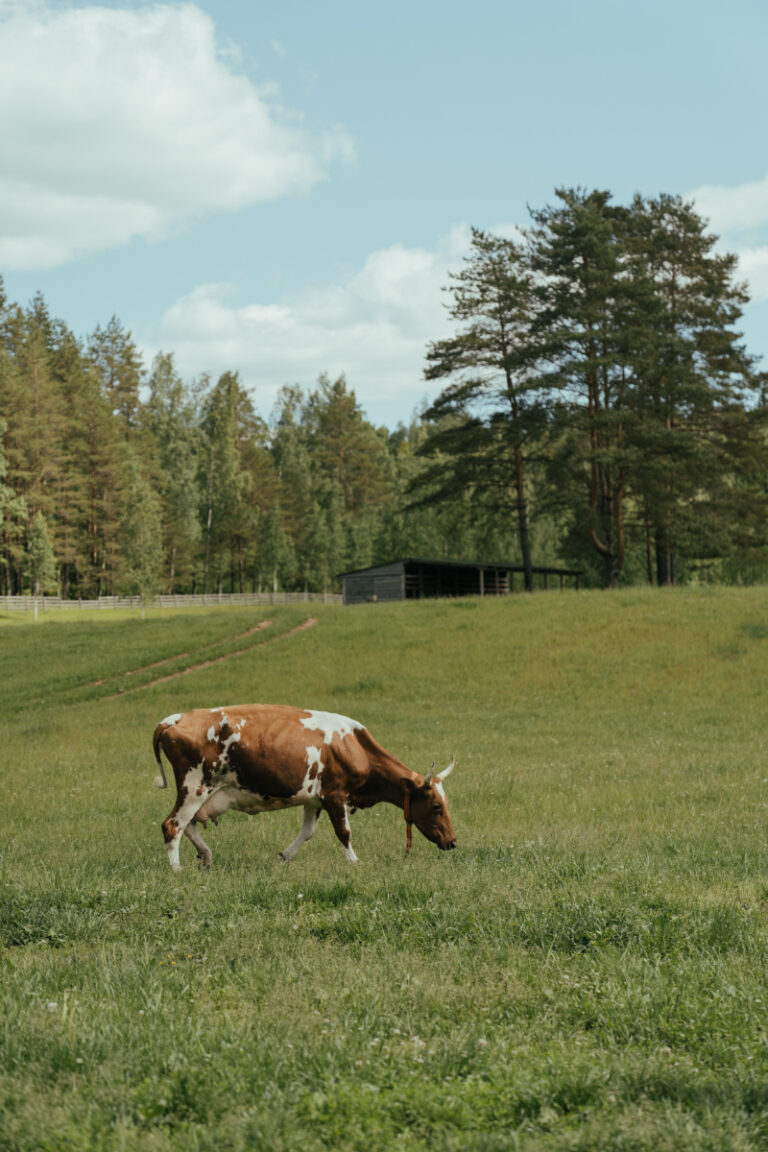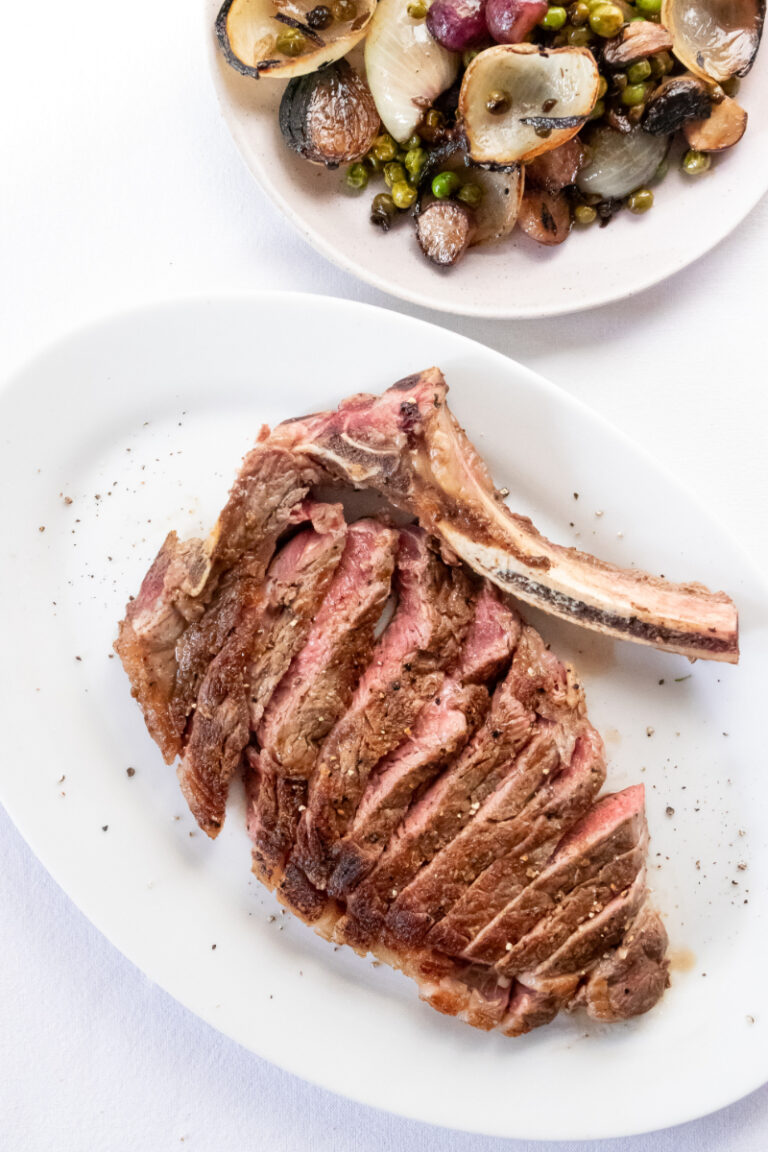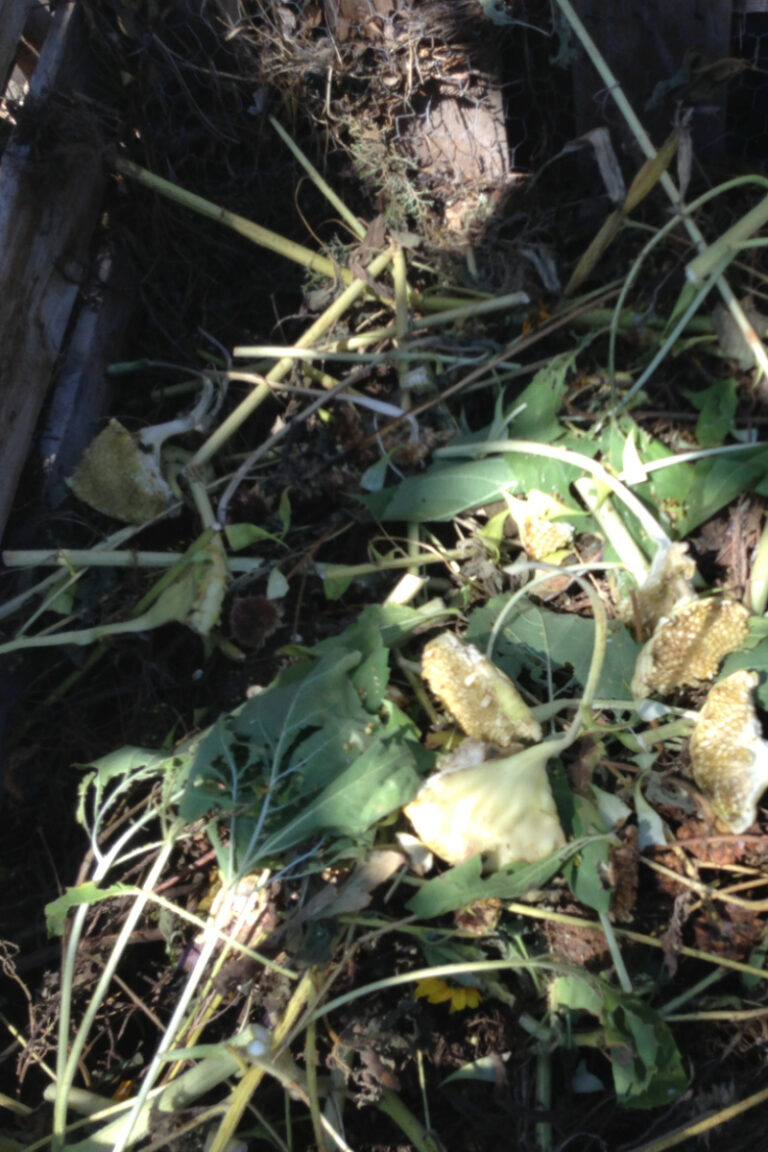The Ultimate Guide to Composting Pistachio Shells
Composting is a natural process that transforms your kitchen scraps and garden waste into nutrient-rich soil conditioner. It’s an eco-friendly way to recycle organic materials, reducing the amount of waste that ends up in our landfills.
This process not only contributes significantly to waste reduction but also enriches the soil in our gardens, improving its structure, water-holding capacity and overall health.
Now, when it comes to composting, you might wonder about what can and cannot be composted. This is important as some items take longer to break down or may even disrupt the balance of your compost pile. One such item you might question is pistachio shells. Can you compost pistachio shells?
Composting 101: Can You Compost Pistachio Shells?
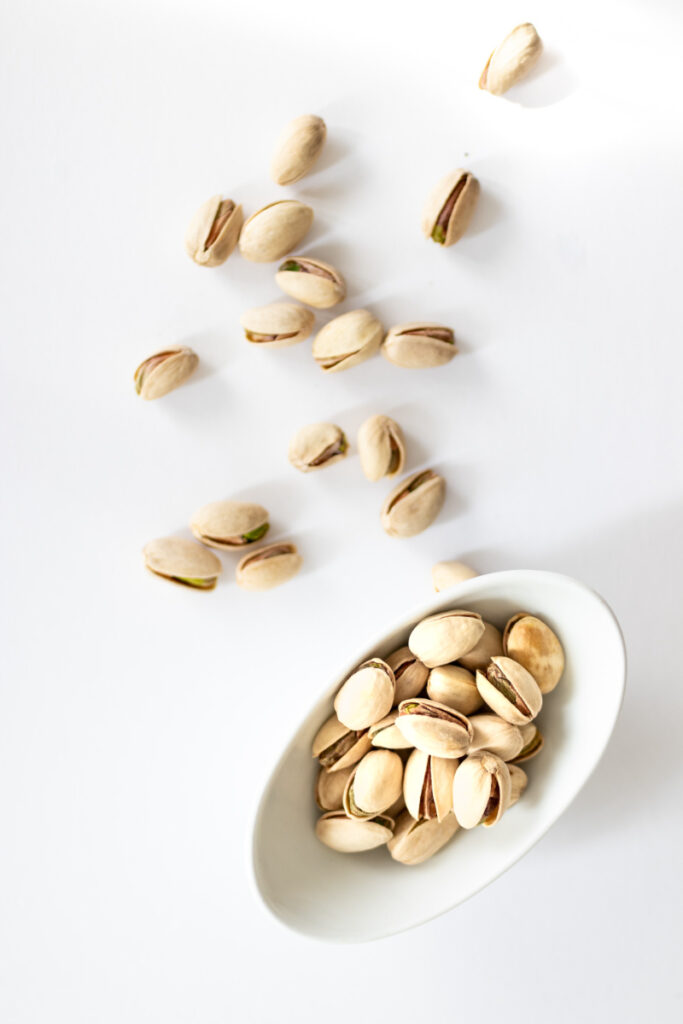
Understanding Pistachio Shells
Pistachio shells are a common by-product of enjoying this delicious and nutritious snack. After you’ve enjoyed the nut, you’re often left with a pile of hard, seemingly indestructible shells. So what exactly are these shells made of?
Pistachio shells are primarily composed of lignin and cellulose. Lignin is a complex organic polymer that gives the shell its rigid structure, while cellulose is a type of carbohydrate that forms the cell walls of the pistachio shell. This combination results in a very tough material that doesn’t break down easily, which may lead you to question their compostability.
However, it’s important to note that the decomposition rate of any material in compost largely depends on the conditions within the compost heap itself, such as the mix of green and brown materials, moisture level, and temperature. These factors significantly influence how quickly or slowly things decompose.
Can You Compost Pistachio Shells?
The short answer is yes, you can compost pistachio shells. They fall under the category of brown materials, which are high in carbon and necessary for a balanced compost pile. While it’s true that pistachio shells are tough and take longer to decompose compared to other compost materials like vegetable scraps or leaves, they will eventually break down in a compost heap.
The decomposition process of pistachio shells, like any other organic matter, is facilitated by microorganisms. These tiny creatures, including bacteria and fungi, feed on the organic material, breaking it down into simpler substances. Over time, with the right conditions, these hard shells will slowly decompose, contributing to the overall composition of your compost.
It’s also worth noting that the decomposition rate of pistachio shells can be influenced by the specific conditions within your compost pile. A well-maintained compost heap, with a good balance of green (nitrogen-rich) and brown (carbon-rich) materials, sufficient moisture, and regular turning to ensure adequate oxygen, will facilitate the breakdown of tougher items like pistachio shells.
So, while pistachio shells might not be the quickest to decompose, they can indeed be composted and contribute positively to your compost pile. Let’s move on to understanding the benefits of including these shells in your compost.
The Benefits of Composting Pistachio Shells
Composting pistachio shells can offer several benefits to your compost pile and, ultimately, to the soil in your garden. Here’s how:
Nutrient Contribution
Pistachio shells, like other organic matter, contribute to the nutrient content of your compost. As they decompose, they release carbon, a vital element for composting. This carbon works in tandem with nitrogen from green materials to feed the microorganisms that facilitate the composting process.
Aeration and Drainage
Due to their hard and bulky nature, pistachio shells can help create pockets of air within the compost pile when mixed in. These air pockets are crucial for composting as they provide oxygen, which is necessary for aerobic decomposition. Additionally, the shells can enhance drainage within the pile, preventing it from becoming too soggy or waterlogged.
Reducing Landfill Waste
By composting pistachio shells, you’re also contributing to waste reduction. Instead of throwing them into the garbage where they’d end up in a landfill, you’re repurposing them in a way that benefits the environment.
Long-term Decomposition
While the slow decomposition rate of pistachio shells might seem like a downside, it can actually be a benefit. Materials that decompose over a longer period can provide a slow, steady supply of nutrients to the compost, helping to maintain its quality over time.
Precautions When Composting Pistachio Shells
While pistachio shells are compostable and provide several benefits, there are a few precautions to consider when adding them to your compost pile:
Crushing or Grinding the Shells
To speed up the composting process, it can be beneficial to crush or grind the shells into smaller pieces before adding them to your compost pile. This increases their surface area, making it easier for microorganisms to break them down. You can use a hammer, a mortar and pestle, or even a blender (if it’s powerful enough) to do this.
Balancing Your Compost Pile
Remember that pistachio shells are considered brown material, high in carbon. To maintain a healthy compost pile, you need to balance this with sufficient green material, which is high in nitrogen. A general rule of thumb is to aim for a ratio of 3:1 of browns to greens.
Potential Pest Attraction
While not common, some people find that pistachio shells can attract pests. If you notice this becoming an issue, ensure your compost pile is well maintained with the right balance of materials, adequately moist, and regularly turned. Additionally, consider placing a compost bin with a tight-fitting lid in a location away from your house.
Patience is Key
Due to their tough nature, pistachio shells take longer to decompose than many other compost materials. So, don’t be discouraged if they seem to linger in your compost pile. Over time, they will break down and contribute to your compost’s richness.
Conclusion
Composting is an effective and environmentally friendly way to manage household waste, and pistachio shells are certainly a part of that equation.
Despite their hard exterior and relatively slow decomposition rate, these shells can be a valuable addition to your compost pile. They not only contribute to the nutrient content but also aid in aeration and drainage within the compost heap.
However, remember to crush the shells into smaller pieces to expedite decomposition and maintain a balanced compost pile by adding sufficient green materials. Be patient and give the shells time to break down.
By incorporating pistachio shells into your composting routine, you’ll be reducing waste, contributing to the health of your garden and playing a part in preserving our environment. So, next time you enjoy a handful of pistachios, consider saving the shells for your compost pile. Happy composting!


